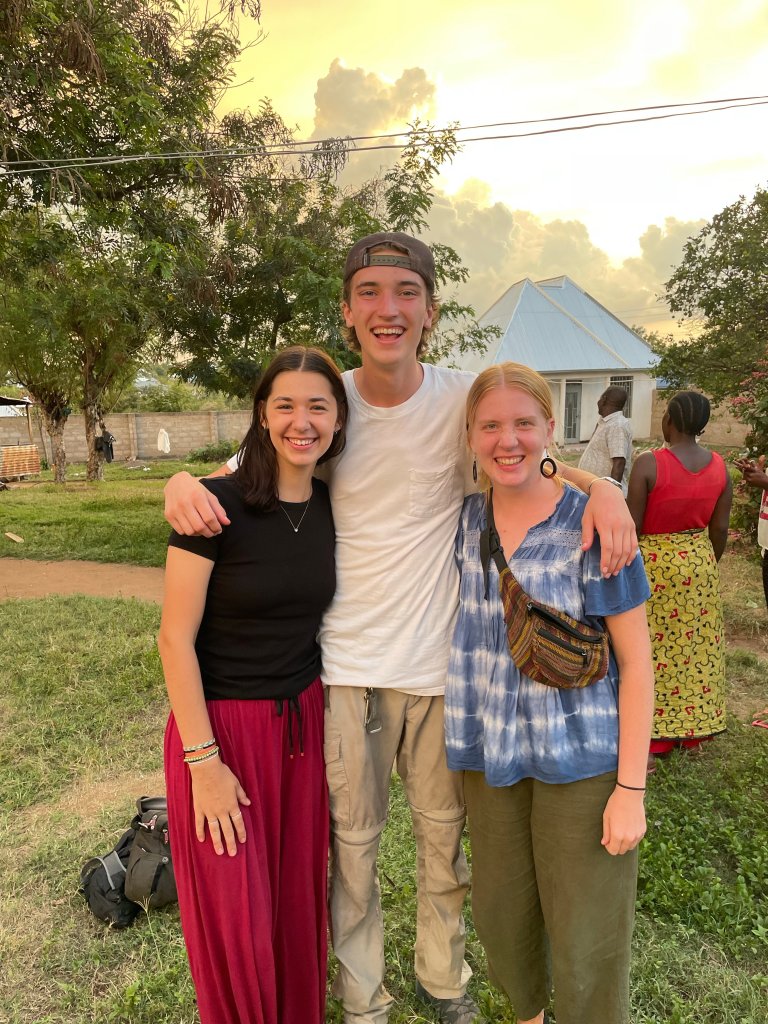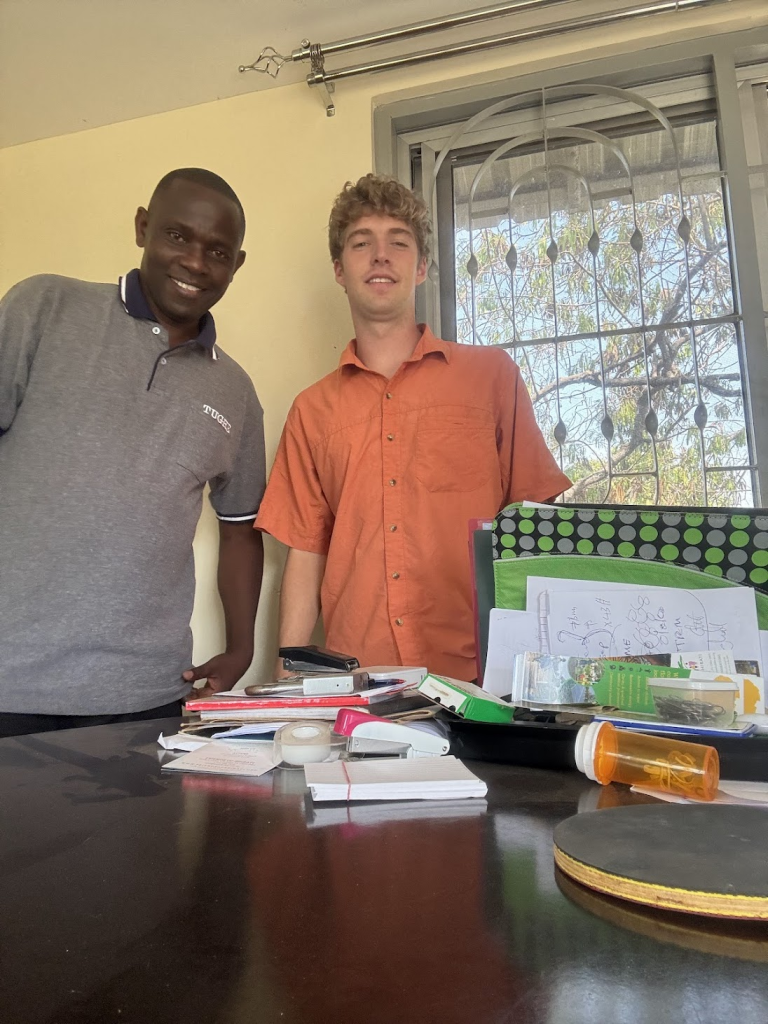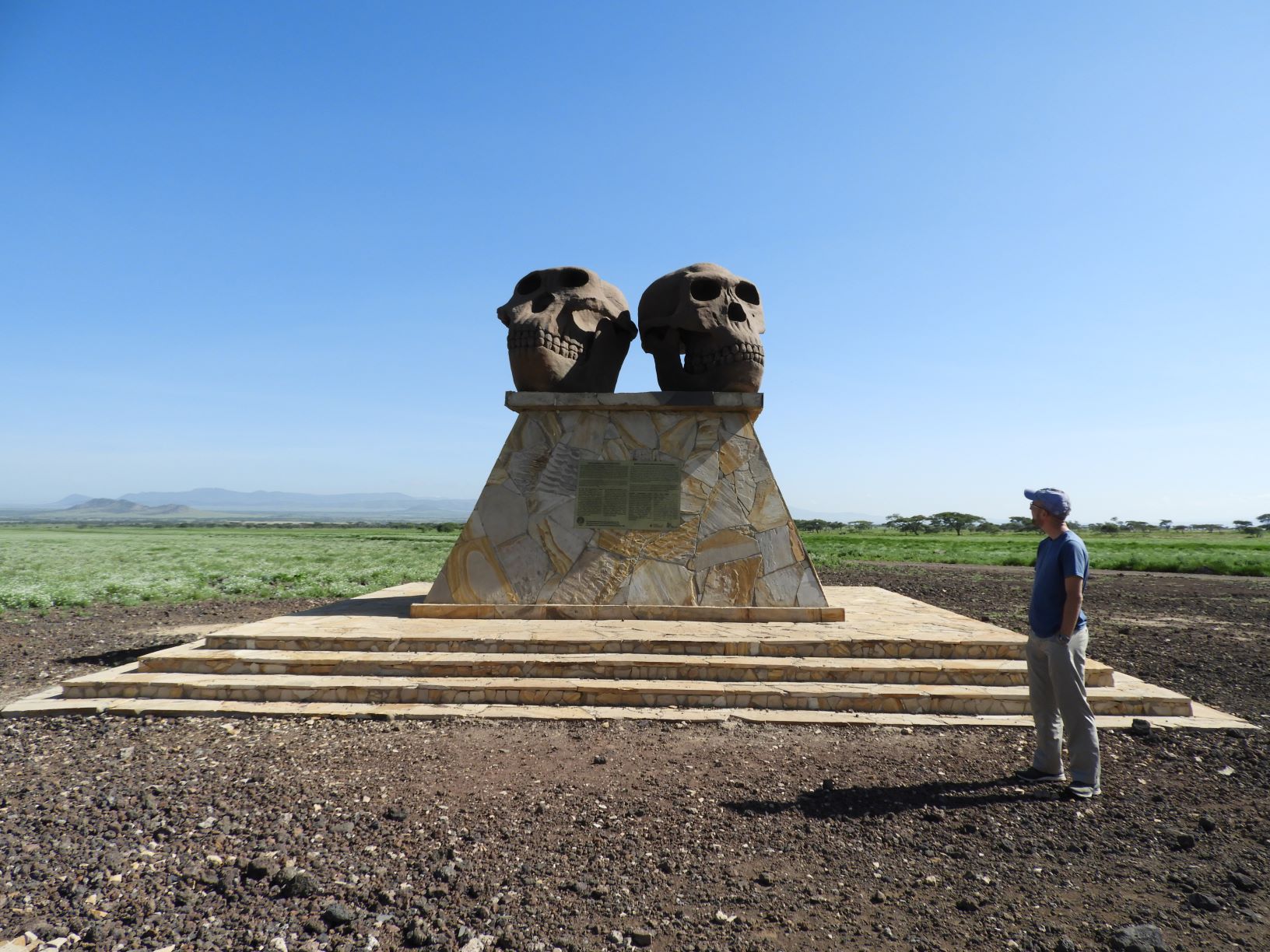
Tanzania
Description
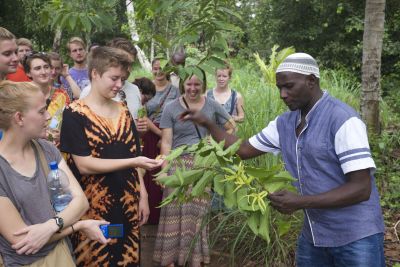
What does environmental justice look like in a nation that includes 60 million people as well as the prides of lions and herds of wildebeest that East Africa is famous for? This is an important theme for the Tanzania SST unit. Students will have many opportunities to witness the interplay between people and natural areas in this East African country where 38% of the land is protected. During a visit to the Serengeti National Park, students not only view wildlife; they also meet the park’s human neighbors and learn about community conservation efforts that take the needs of both humans and wildlife into consideration.
Program Overview
Latest Posts from Tanzania
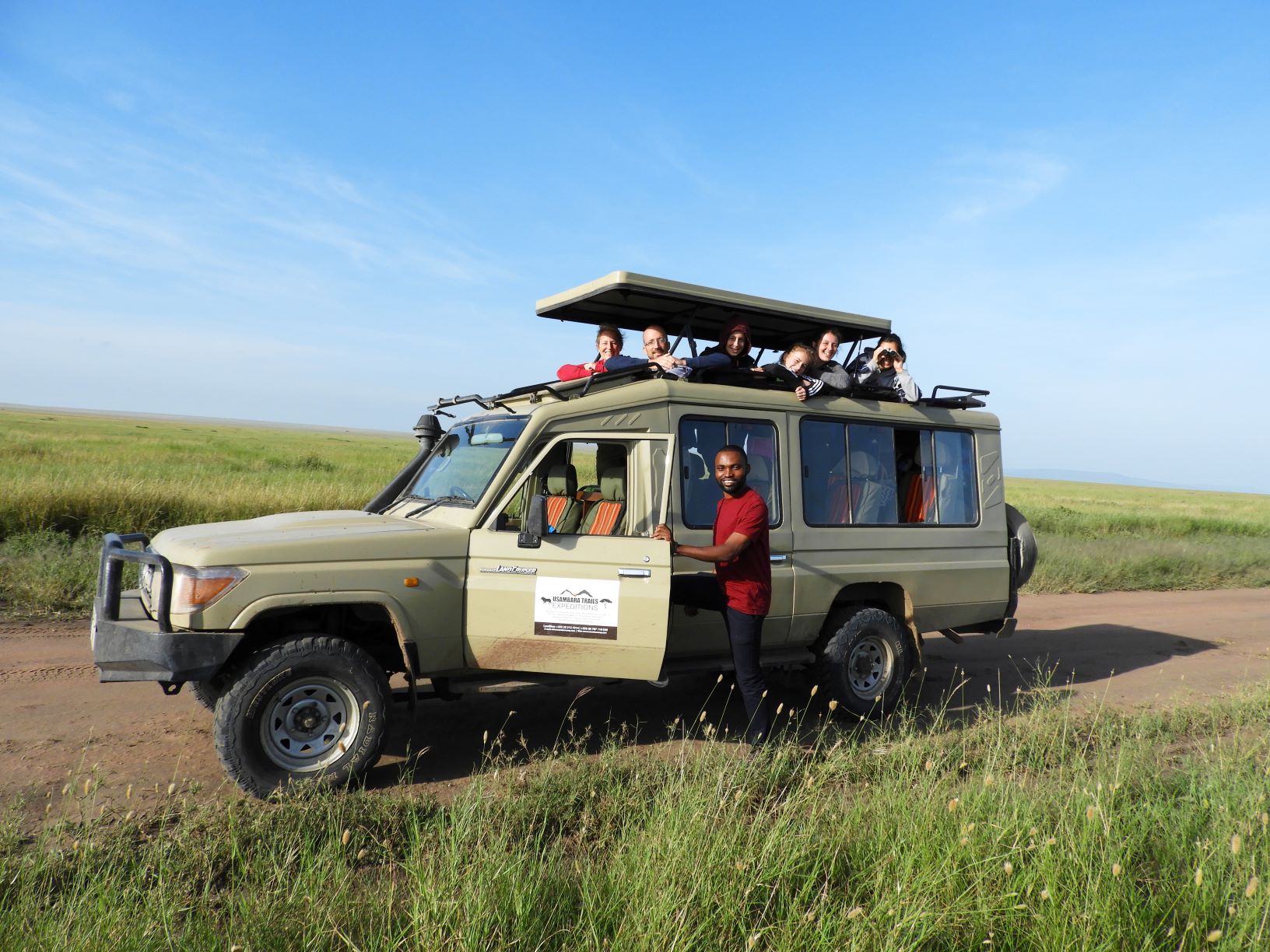
Study
Students spend the first half of the semester in Dar es Salaam, the capital situated on the east coast of Tanzania. Tanzania’s history of peaceful coexistence and deep ethos of unity means that they are warmly received and adopted into their Tanzanian host families.
During these six weeks, students attend lectures at the University of Dar es Salaam and study Tanzanian culture and the language of Swahili at the Swahili and Culture Institute in Dar es Salaam. A look at the history of Tanzania highlights how the nation was developed with a focus on unity and peace in the culture. Students also study Tanzanian art and literature, especially concerning issues of nationalism and tourism, and natural science with a focus on Tanzania’s diverse wildlife population and issues of conservation and development.
A field trip to Serengeti National Park is a highlight, as are visits to Bagamoyo, an important slaving port in years past, and Zanzibar, an island off the east coast with a long history of spice trade. At Serengeti, the group looks at the ways communities around the park are affected by wildlife areas and eco-tourism.
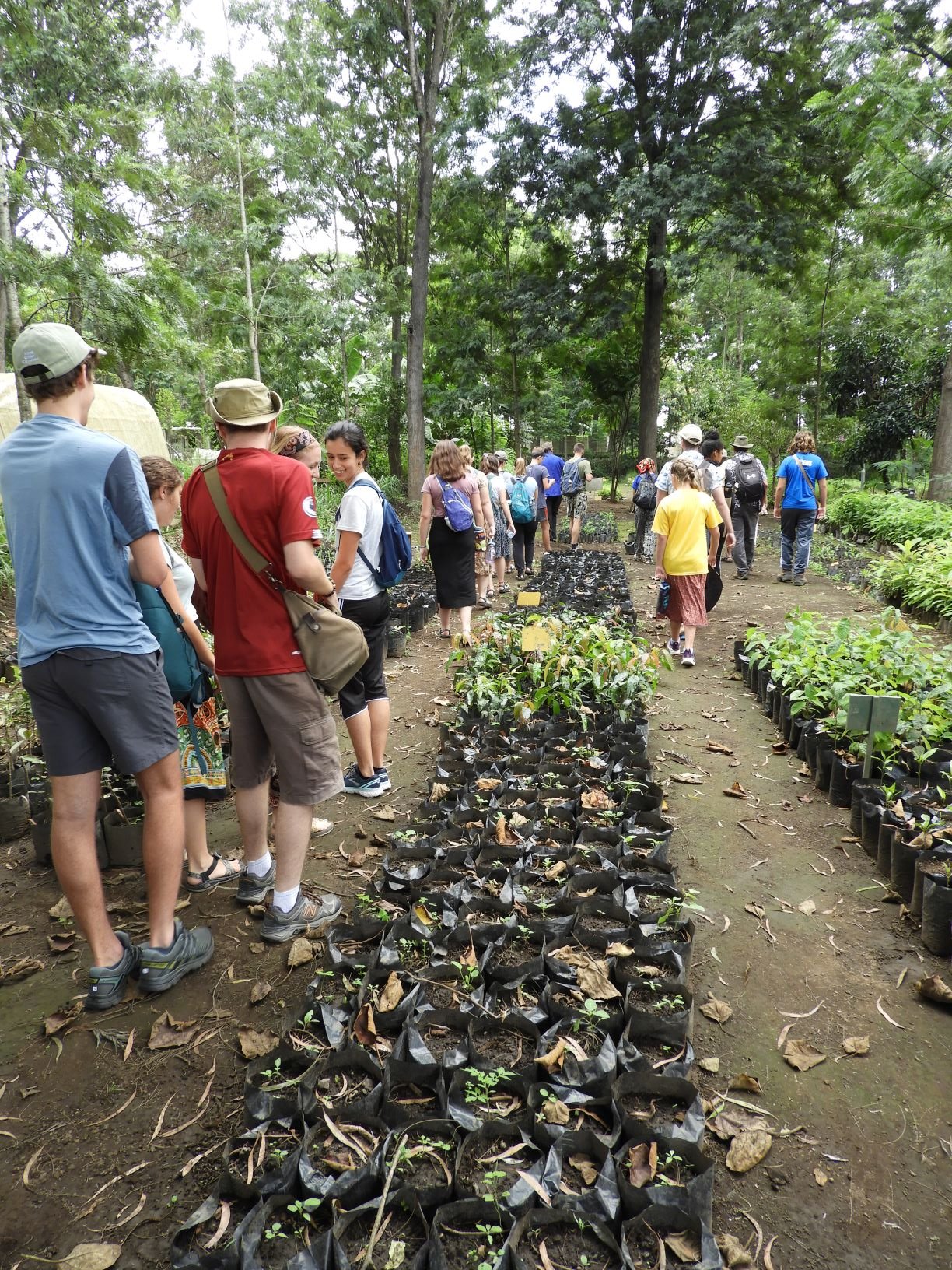
Service
The second half of the semester takes place in the Mara Region in Northern Tanzania near Lake Victoria. The capital of the Mara Region is Musoma, where Goshen College has connections with Tanzania’s Mennonite Church. Many service assignments are in rural areas, which provides a contrast to Dar es Salaam.
Assignments may include teaching at elementary and secondary schools, medical assistance, AIDS work, orphanages and agriculture or water development.





